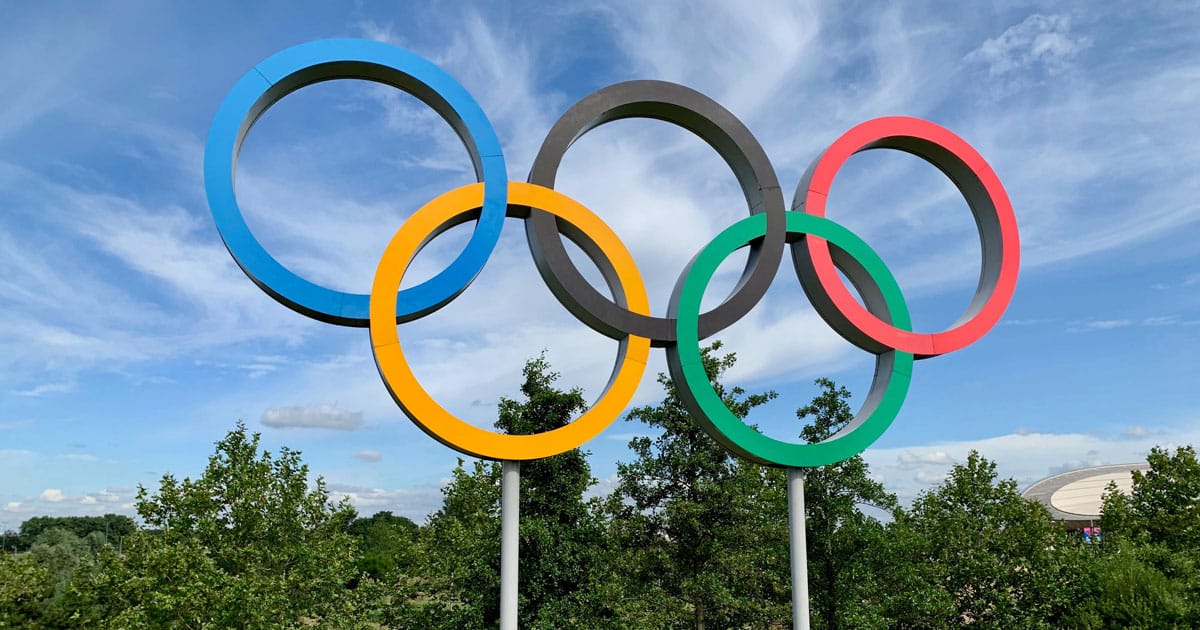With its 125 years of history, Tokyo’s game for the first-ever has over 160 LGBTQ athletes participating in the Olympics. It makes the year game inclusive and the first to present the community to be a part of it.
Sprinter Dutee Chand is the only participant from India and the first to come out openly as a lesbian athlete from the country. In 2016, there were only 56 athletes from the transgender community.
The Olympics was already in the limelight due to its 12-months delay caused by the pandemic. For the first time, the event is conducted in an odd-numbered year.

India’ First Lesbian Athlete
At the World Universiade in Naples in 2019, Dutee Chand made history by becoming the first Indian to win gold in a 100m race at a global meet.
After she competed for the 2016 Rio Olympics, she also held the national record in the women 100m but was only the sixth Indian to compete in the women 100m.
Dutee Chand, who is from Odisha, belongs to a weaver family.
She became India’s first openly lesbian athlete in 2019. Dutee admitted that she is in a same-sex relationship, citing the Indian Supreme Court’s decision to legalize gay sex in 2018 as motivation to come out regarding her sexuality and disclose that she is in a same-sex relationship.
Following her statement, Dutee received strong criticism from her native village, with people denouncing her remarks and calling them “shameful.” Her elder sister had threatened to kick her out of the family if she didn’t change her ways.
Despite all the negative comments, she entered Olympics 2020.
Also, read: Meet Dutee Chand, The Woman Behind The Athlete And The 2020 Arjuna Award Winner
Olympic To Raise Awareness
Discrimination in the game has been prohibited by the Olympic Charter. Even though Tokyo approved an anti-discrimination bill three years ago, the legal protections for members of the LGBTQ community are not quite the same.
The captain of the German women’s hockey team, Amelie Wortman, will wear a rainbow-colored armband to express support for the LGBTQ community. The International Olympic Committee had previously granted her permission to wear the armband.
Japan is well-known for its pro-democracy and pro-human-rights stance. Nonetheless, the country still has to normalize lesbian, gay, bisexual, transgender, and queer groups’ sexual identities.

